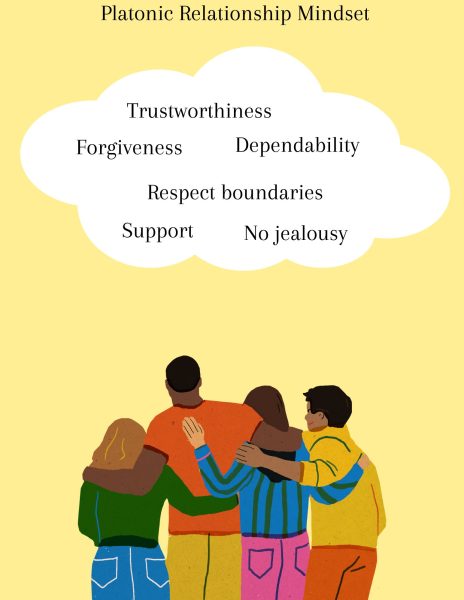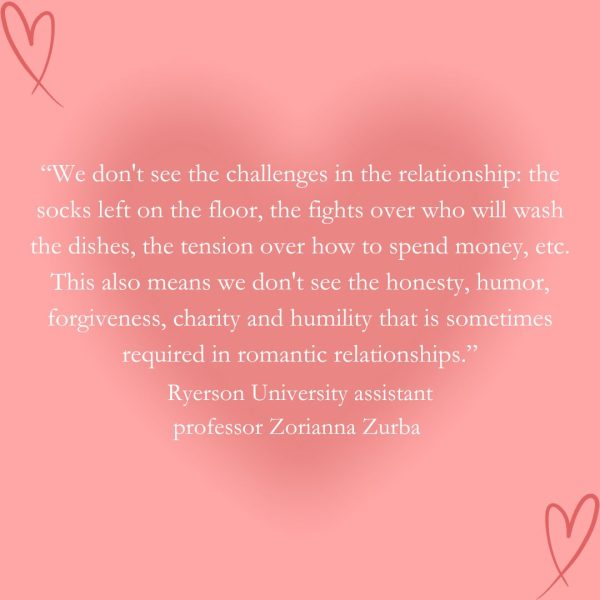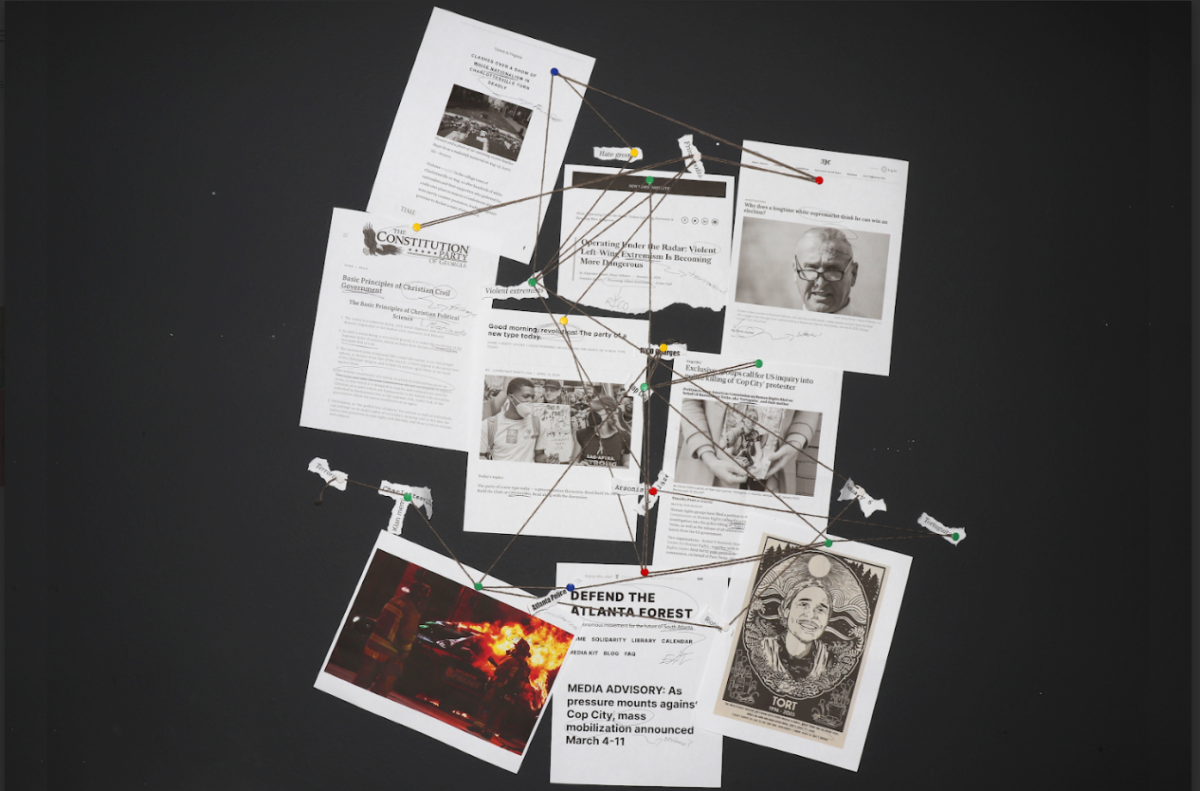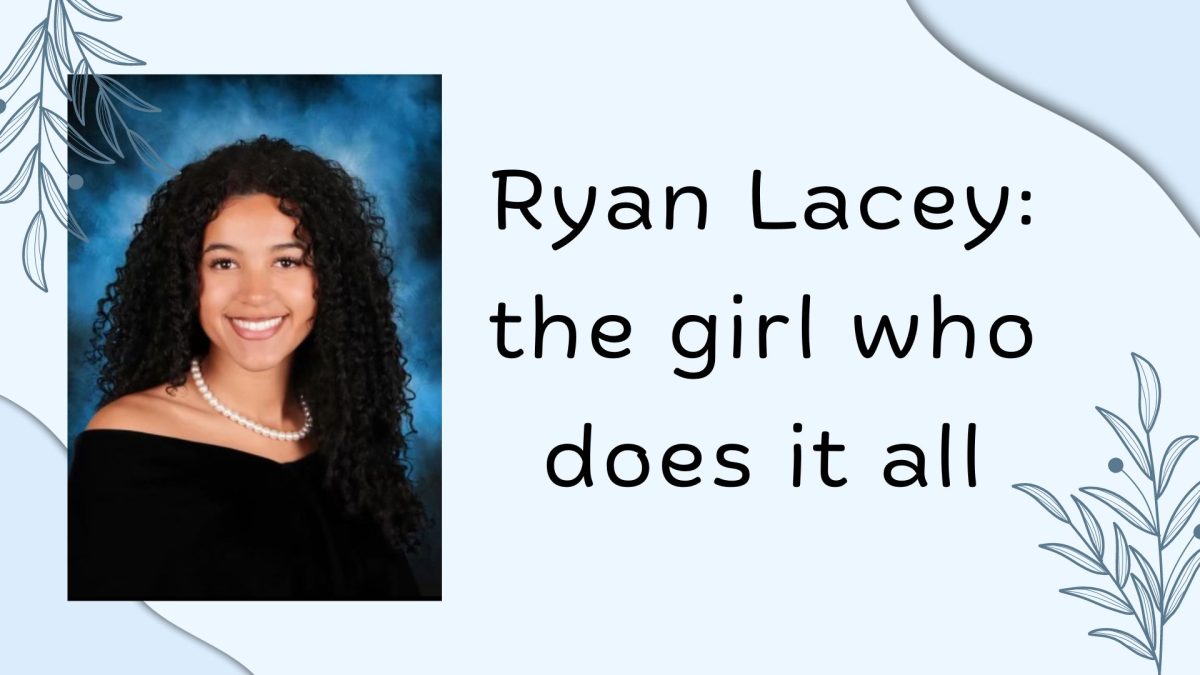Social norms affect generations and influence what they can or cannot do. Whether platonic, familial or romantic, relationships encompass different forms. Relationships become influenced by society and change the intricacies of people’s lives. It remains important for everyone to know the variations of love in order to understand, prepare and recognize patterns that will lead them to the most important relationships of their life.
Babies begin to form relationships based on forming instinct or mirroring behavior even with inanimate objects. By throwing their toys on the floor, babies test out their motor skills and begin to learn the causes and effects of their actions. While this remains a natural occurrence in the majority of babies, first-time parents may not recognize whether or not their child reacts negatively or shows signs of development.
If a baby begins to throw items on the floor out of spite or anger, this represents an early sign of communication. Parents should try to communicate with their children to figure out if they need guidance, assistance or other favors rather than pushing this action aside. Ignoring these behaviors from a child who wants and needs attention can cause a negative relationship between the family members in the future.
While babies learn a majority of what they know from their parents, babies typically learn faster than their parents realize. A negative or untrusting relationship between a parent and child can result in the child trying to navigate alternative ways of learning or finding various routes to express themselves in their prime time of gaining knowledge. One of these routes includes trusting friends rather than family.
Whether found or born into, everyone remains a part of a family. In a traditional familial relationship, members remain family by blood, adoption or marriage. However, certain members of a platonic friendship tend to claim that their friend feels like family to them. This type of friendship may also resemble a familial relationship depending on the strength of the pair’s connectivity.
A platonic relationship, a relationship with no romantic or sexual implications, finds form in strict friendships or acquaintances. These types of relationships find themselves in the workplace between coworkers, relationships between a student and a teacher or family members. Surprisingly, the characteristics of a platonic relationship portray similar characteristics to those of a typical romantic relationship with a couple of key differences.

Multiple occurrences of choosing sides occur in high school. One of the main reasons why platonic relationships come across as the strongest type of relationship which attributed to the expectation of truthfulness. Friends typically expect the truth from one another, whether it will hurt the other’s feelings or not. No matter what circumstance, it remains common knowledge that people should advise their friends to the best of their abilities. Relationship advice, a common piece of advice to share an opinion on, can damage friendships, considering that the truth hurts.
Platonic relationships remain important because of the amount of support given and received by each party within the relationship. Typically, children find deeper levels of trust and comfort in their friends rather than in their parents. These values learned from platonic relationships then build the foundation of expectations within a romantic relationship.
Everyone knows of love, as it persists as a common goal in life. Romantic relationships branch off into countless tropes, stereotyping romance as a highly complicated and messy experience that mankind struggles with. Growing up, one hopes to find one true love, whether in a person, field of study or life. Unfortunately, it remains likely that one’s first choice of love will not live up to their expectations.

Nevertheless, a first choice can result in a happy ending—for example, high school sweethearts. The exceedingly obvious stereotypical high school sweethearts make their way throughout all of high school together as a romantic partnership. However, even the iconic high school sweethearts do pass through rough patches. High schools and middle schools turn into places of gossip, advice, misinformation and stress, which can damage relationships, and now carry the reputation as an evil place where children transition from teens into adulthood.
Couples in high school tend to believe they will always remain with their partner, a common ideal that high school couples strive to accomplish. A vast amount of couples push arguments aside to stay together, but this proves toxic and could teach both partners poor habits and expectations for their current or future relationships.
“A romantic partner is sometimes talked about as our other half, our better half, or the person who completes us. However, I believe that we are already whole people. I would encourage people of all ages to continue to pursue their own hobbies, read books that interest them, attend concerts of music they like, spend time with people who make them happy, and do what brings them joy. When you are doing what you love and when you are at your best, your partner benefits and your relationship benefits,” Ryerson University writing professor Zorianna Zurba said.
People look to social media, movies and television for inspiration on how to exist in the world. People young and old use popular media as inspiration for their relationships and affairs. Especially in films and television, fictional couples set false, unrealistic or unreliable examples for viewers. A way to change these misconceptions of relationships could begin by teaching younger generations the correct ways to embark on their future relationships. For example, television and movies include cheating tropes within two main characters. If these characters seem to belong together, viewers will begin to see cheating as an acceptable step in the path of pursuing a relationship.
“I think that the cheating trope is so common on TV now. It’s almost like the writers want us to feel sympathy for the people involved in infidelity on screen. I absolutely believe that this is a bad influence on the audience of these shows and even movies. I think this is especially the case if viewers already relate to or love a character who later on cheats on their partner,” junior Ashley Williams said.
Sooner or later, one’s romantic partner will influence the majority of serious choices they make in their life. While not necessary, romantic relations remain the highest priority for people to start a family or a new chapter in life with their partner. Given this, it takes a while to find one’s true love. Finding true love and building a relationship with someone for the first time remains extremely rare, which emphasizes the importance of the timeline of falling in love. If one can fathom how a relationship grows, one will know whether or not their partner functions as their soulmate.

Clearly, not every relationship progresses in the same way. Depending on each individual’s morals, religion and general beliefs, a relationship will either seem obvious of failure or show strong potential to succeed. Unfortunately, romanticizing someone can lead to unhappiness in a relationship if the one romanticizing it tries to alter himself or herself or expectations to make the relationship work.
Romanticizing people leads back to, once again, films, television and other forms of media. The internet, time and time again, finds ways to stick stereotypes into the users’ minds. When one realizes that they will not find their online crush in real life, they then decide to give up on the majority of their expectations or standards for a partner or relationship. A majority of the kinds of appealing people found on the internet will not appear in real life, although users wait for them their whole lives. This leads to people finding and settling for someone with less than what they truly want rather than finding someone who meets one’s romanticized ideals.
Love can grow and weaken, but it will always continue to show itself in various places. It remains important for people to understand types of love and the intricacies within them in order to comprehend what happens in their lifetime and how they should make decisions based on their interactions.















